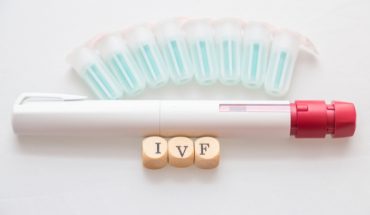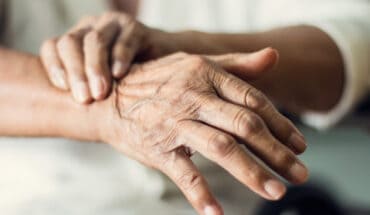My job is to help reduce the pain that comes when the body starts to wear out, both as a clinician and a scientist. In November last year, we started the first human trials in the world of a new sort of hip replacement designed for active women. In the past, hip replacements have tended to be unisex, or designed by men for men. This time, with the guidance of a female engineer, we decided to create a new hip that would take into account the fact that women’s hips look different from men’s. They tend to have a slender waist in the femoral neck and a relatively rounder femoral head.
And we wanted to reflect the fact that many women who need hip replacements want to continue to lead an active life and keep their new hip for many years. So we looked into different materials and settled on the latest generation of hard wearing ceramics, with no metal parts whatsoever to potentially cause problems. There have been issues with metal on ceramic joint replacements causing leakage of metal into the bloodstream. We have already tested out new hips on millions of cycles of wear machines and they stand up extremely well.
Now we are going to trial it in patients and see how well it works in real people. If you are bringing out something new, you have to show that it works better than the existing alternatives. One of the things that we do in our lab is measure people before and after the operation – check the forces that are going through their feet and their gait and compare it with the ideal for a healthy person. We plan to do this before the patients in the trial have their new hip and afterwards, and follow them up for an extended period of time. We are also going to measure how they feel and their perceived quality of life, which are parameters that are often ignored. These kinds of questions should be personal. After all, what matters to you and affects your quality of life may not be the same as the next person. If you like bell ringing or Zumba, we need to know so that we can tailor make a solution.
Quality of life should be just as important as cost effectiveness and complication rates but too often it is ignored in the decision-making process. We want to ask these questions to a broad range of people with joint problems so that we can try to understand the extent of the problem and how we can fix it. At the moment, there is an argument that many joint replacement operations should not be done on the NHS because no one dies, but it’s not just about life and death, it should also be about pain and suffering.
Our research should help to shine a spotlight on pain and suffering and encourage policy makers to take it into account when they make decisions about priorities.
- Alleviating pain and suffering - 16th August 2016







